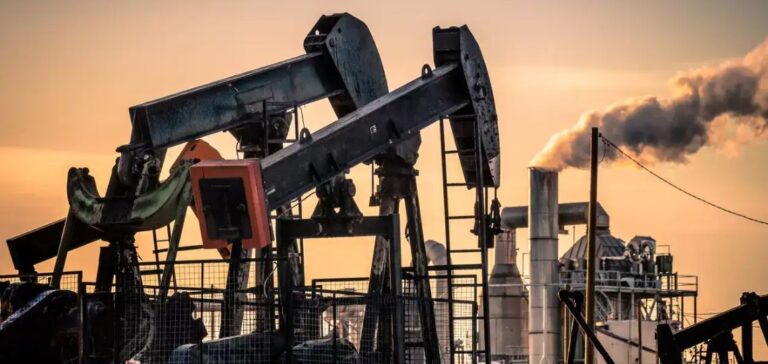China’s energy production slowed in April, falling from the levels reached in March, while maintaining year-on-year growth. According to data released by the National Bureau of Statistics, the output of natural gas, crude oil and coal all recorded annual increases, as the government continues to prioritise energy supply security.
Natural gas production rose by 8.1 % year-on-year to 21.5 billion cubic metres. Crude oil output increased by 1.5 % to 17.7 million tonnes. Coal production reached 389 million tonnes, up 3.8 % from April 2024. However, this figure was 51 million tonnes lower than in March, providing temporary relief for operators facing market prices at a four-year low.
Seasonal slowdown weighs on refining
Crude oil processing fell by 1.4 %, as several units were taken offline for scheduled maintenance. This temporary reduction comes as the country adjusts its refining capacity in response to weakened margins. In the steel sector, crude steel production stabilised, also affected by maintenance operations. Sharper production cuts are expected in the coming months, in line with policies aimed at reducing industrial overcapacity.
Non-ferrous metals driven by falling costs
Aluminium output increased by 4.2 % in April, reaching a new daily record. This rise was supported by lower input costs, temporarily boosting the competitiveness of smelting operations.
This contrast with fossil fuel dynamics highlights the complexity of current trade-offs in China’s industrial and energy policy, balancing profitability, market stability and broader economic objectives.






















